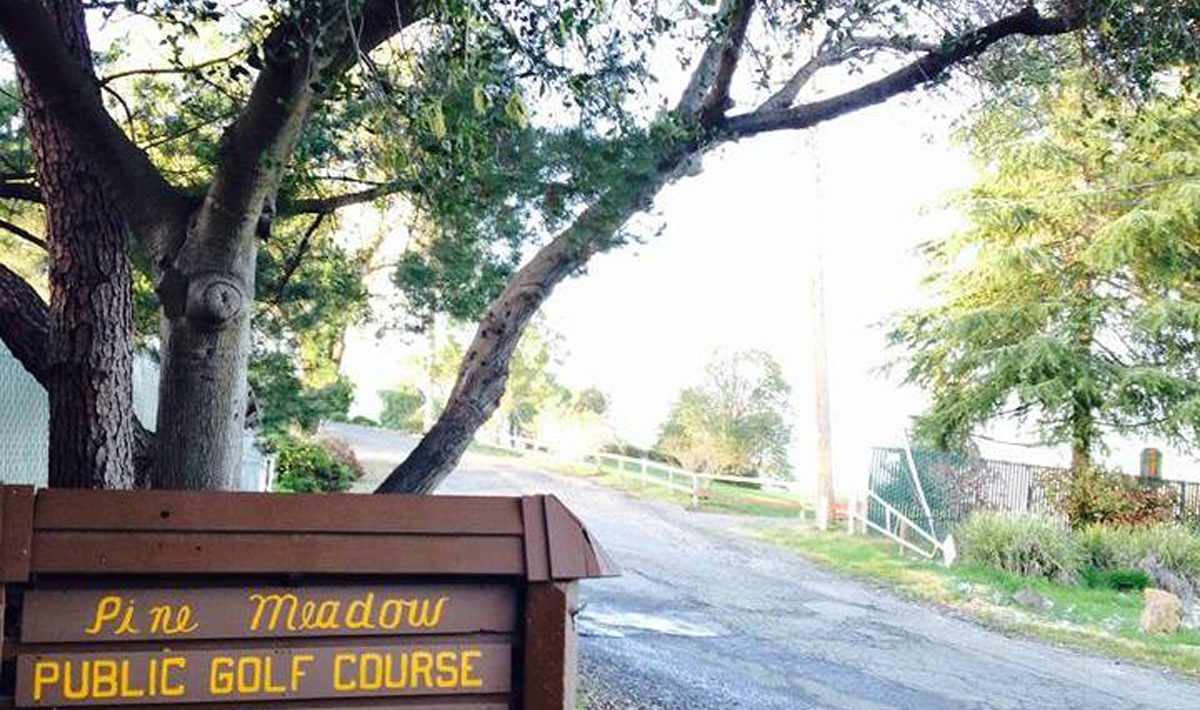MARTINEZ, Calif. – Half of the room was filled with union workers when the city council agreed to their terms for a Project Labor Agreement (PLA), and tried to end an engineering impasse that threatens to derail the Traditions at Meadow development and park projects at their Oct. 23 meeting.
DeNova Homes Executive Vice President & General Counsel Dana Tsubota had delivered a letter with lengthy documentation, to the city late that afternoon.
It essentially said DeNova would not be able to proceed with the project or the park unless there was agreement between engineers about how to safely handle storm drainage, so that the city can issue the grading permit needed to start the job.
According to California law, property owners are required to keep or properly dispose of all of the water that falls on their property. It is necessary to have a drainage plan, in order to make a grading plan, so an owner can get a grading permit from the city.
At the meeting, Tsubota said DeNova had submitted 12 drainage plans to the city since the beginning, and had approved plans when they reached the legal settlement to proceed with the project. However, there have been personnel changes since then and the current city engineer (currently being contracted to Harris & Associates), who is responsible for protecting the city from any future adverse results of the plan, is not satisfied.
The developer has requested an “at risk” grading permit in order to start without the final grading plan, but the city’s conditions for that would have caused the developer to be “stripped of its rights,” according to Tsubota.
One by one, council members questioned staff about how to move the project forward. A frustrated Dave Sanson, CEO of DeNova Homes, Inc. said, “I knew it would be an unbearable process.” He was talking about getting everything DeNova, the city and open space advocacy groups had legally settled on doing by an end of the year deadline. “We are already two months behind the schedule.” He is anxious to be grading before winter rains, so the site will be ready to build the spring.
There were other technical details (including a pedestrian path at the edge of the park connecting both sides) that are related to the title and map that can be worked out by city, and developer attorneys.
Mayor Rob Schroder offered to call an emergency council meeting if necessary to approve any actions. All of the other council members agreed. The builder asked if a of the council member could be there when the engineers discussed their differences.
City Manager Eric Figueroa said that would not be appropriate, but the council would make sure there was someone there to observe and report back, case they are needed to help facilitate a resolution to the impasse. The council expects news about progress within about a week.
PLAs
In other business, the PLA approval sailed through, in spite of warnings from Jeff Walters, city attorney. During public comment a speaker reminded the Council, “This is a union town” and began naming at least ten union offices located in Martinez. There seemed little doubt that Martinez would pass the PLA unanimously, and they did.
City council had passed a resolution establishing a PLA policy modeled on the Contra Costa County’s PLA in Nov. 2014, but never executed an agreement with the Contra Costa Trades and Construction Council (BTC). On-going negotiations for the past year resulted in two issues that blocked an agreement: the use of Core workers, that the agreement would apply to new construction only.
Staff looked to the council to make a decision on those. “Core employees” are non-union people that are part of the standing workforce of that particular construction business. Walters explained that some companies cannot afford to let key people stand idle, if they have to hire out of the union hall for a job. He said the real reason to oppose the union’s effort to not allow them is that it decreases competition. He argued that the business would likely not want to lose critical regular employees for one job.
The reason he questioned the union demand that the PLA would apply to maintenance work as well as new construction is that work could be bound by the PLA because there are multiple year projects that would push it over the $1million threshold to which the trades union council had agreed.
The BTC spokesperson John Holtzman talked about the value of union slurry seal workers. “Between 2000 and 2017 the average wage was $12 to $18 an hour … now, including benefits, it is $58 to $73 an hour.” He said $21 of that is applied to benefits.
There were a series of union workers who testified to the value of good wages for families and the community. John Stevens, Councilwomen Lara DeLaney, Debbie McKillop and Noralea Gibson echoed their sentiments, and Mayor Rob Schroder said he was happy about the approval.





